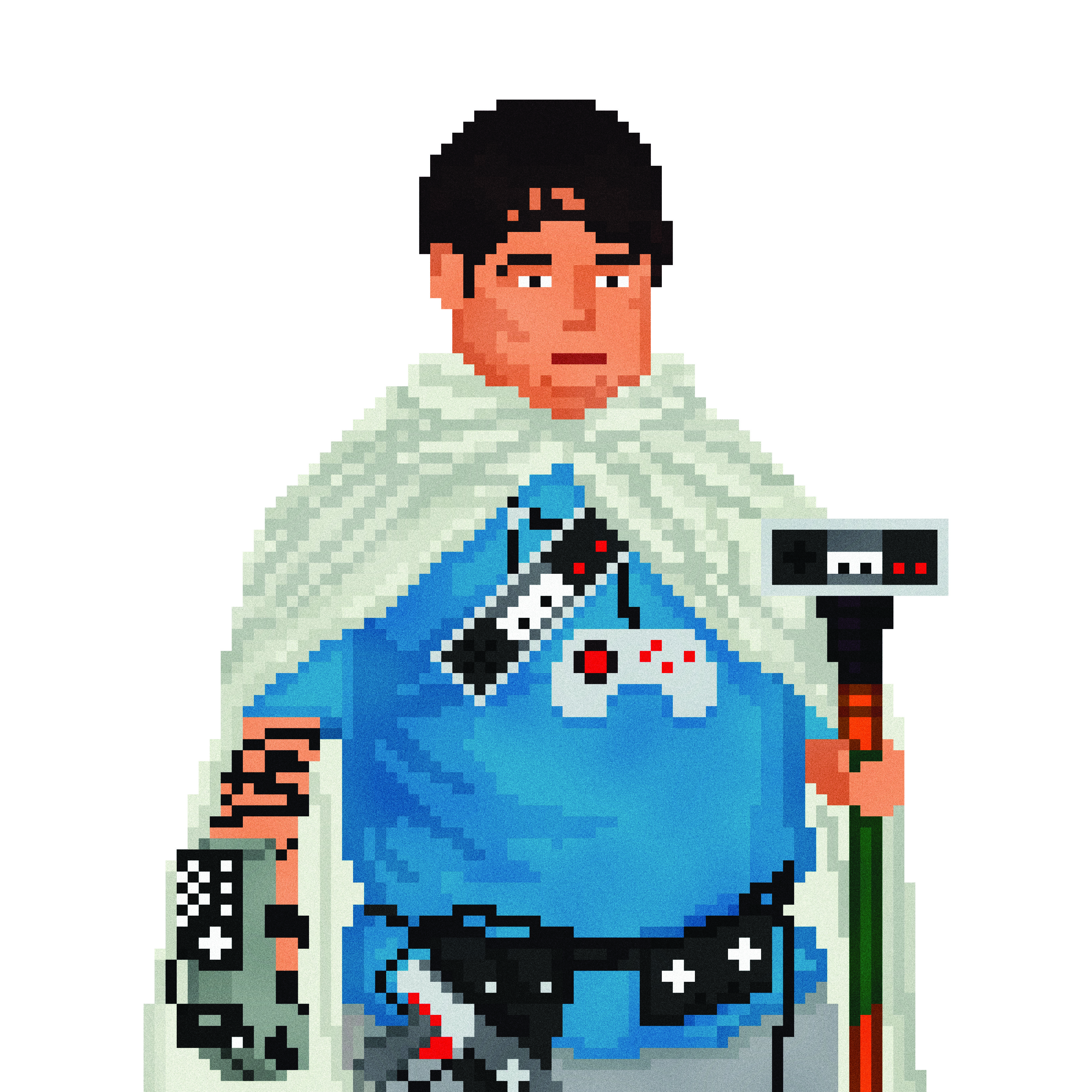I like playing Monopoly. Does that make me a gamer? Maybe. According to the very broad definition Wikipedia supplies—“those who spend much of their leisure time playing or learning about games”—I can be considered a gamer. There is also an alternate definition that deals with North American sports culture, which defines a gamer as “a person known for consistently making a strong effort.” However, these days the term is not closely associated with board games or sports games, but rather, video games.
David Annandale, who teaches a course on the topic of video games here at the U of M, shared his sense of the word “gamer,” stating that, “the people to whom it applies are largely self-identified as such [ . . . ] they declare themselves to be gamers. These same people would probably (fairly or unfairly) distinguish themselves from those who play only casual games (Bejeweled and the like).”
Besides talking to an academic about the topic, I threw the question out into the abyss that is Facebook: What makes someone a gamer?
My pal Mike Kontzamanis wrote, “there is a massive difference between playing video games and being a gamer. One is just an action, and activity, that anyone can do. Being a gamer is so much more than that. It’s a way of being. It’s [an] attitude.”
Jeremy Strong pointed out that a gamer is “someone who feels a certain level of comfort with video games across platforms and even game genres.”
Just because you’re alright at playing Angry Birds on your cell phone, it doesn’t mean you are a gamer. Thor Buur clarified, “What a ‘gamer’ is would depend on the gamer’s level (pun intended).”
Anyone can be considered a gamer, but the group you belong to, based on both video game consumption and skill, will change. Casual, moderate, intermediate, hardcore, professional – there is a plethora of adjectives that could describe the gamer.
I was interested to learn that gamers not only group themselves by their devotion and skill to the activity but also by characteristics like… sexual preference? Yes, the “gaymer” is a subculture of the subculture where individuals identify as both gamer and member of the LGBT community. I was first shocked to discover that one’s sexual preference is in any way relevant to one’s enthusiasm for video games. The shock turned to sadness when I read that this group of people experience the same sort of prejudice from the gaming community as they do more generally from society as a whole.
But, the term “gamer” has evolved to be seen in a more positive light as of late so maybe soon “gaymer” will as well! Two other Facebook commenters, Bart Vandenhoven and Lisa Semchuk referenced this shift in the “gamer” definition. Where the word once held a negative connotation, indicating an uber-competitive individual who has not seen sunlight in years, the term is perhaps associated with a different image nowadays and carries a broader definition. Gamers can just be people that enjoy playing video games. The pastime is not only for the recluse – it has become a social activity. In fact, the Entertainment Software Association claims that 62 per cent of gamers play with other people, either online or in-person.
It’s clear that the meaning of this term is hard to pin down. Personally, I’m not sure I would identify as a gamer. There were those two months in grade four when I suffered from ‘Game Boy thumb’ (a condition that causes the development of a circular imprint on one’s thumb from engaging in continuous and vigorous Game Boy play) but other than that, I don’t recreationally or competitively participate in the pastime.
What about you? Would you classify yourself as a “gamer?” Are you one of the many?





